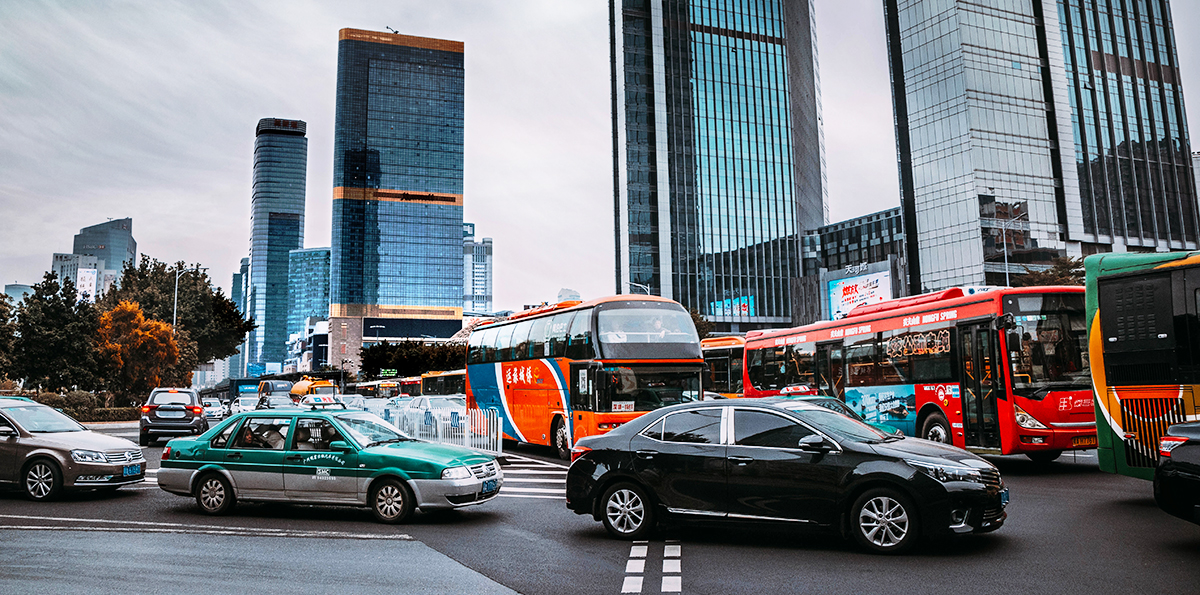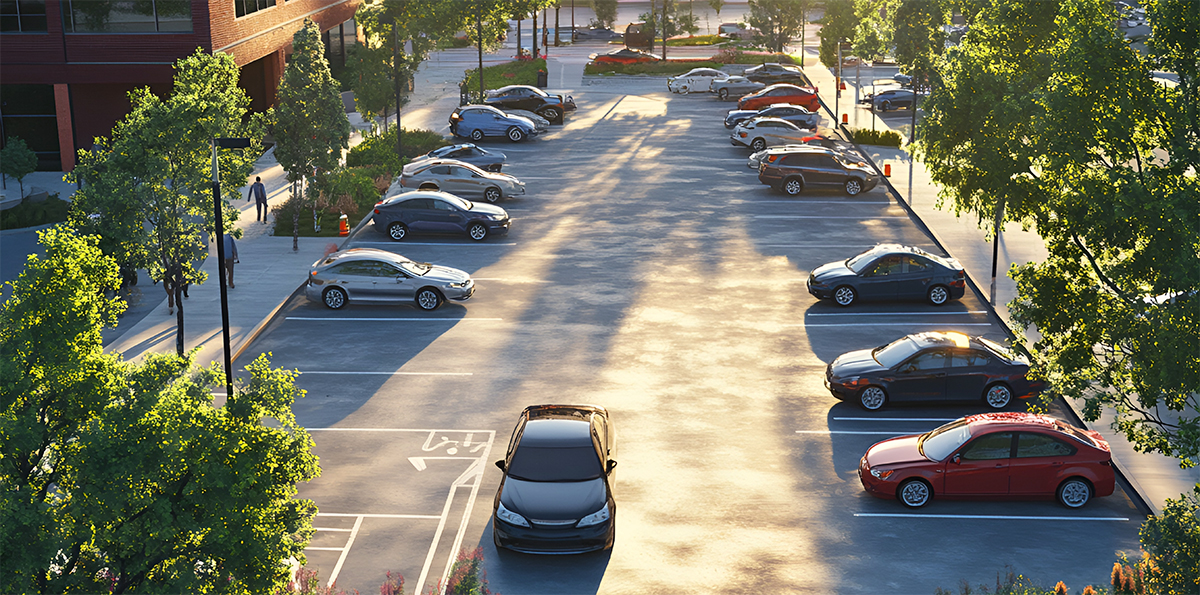About us
Leading in Smart Parking & Access Control
The “Guangzhou Parking” platform, developed by the Guangzhou Municipal Transportation Department, is the city’s unified parking information service platform. In response to the national policy of “accelerating the development of urban parking infrastructure,” and to further enhance the public service functions of “Guangzhou Parking,” JIESHUN’s subsidiary JParking has partnered with the platform. Leveraging JParking’s smart parking ecosystem and data capabilities, the two sides jointly launched a new “off-peak parking” module on the “Guangzhou Parking” WeChat mini program. Through technological integration and resource sharing, this initiative aims to alleviate parking difficulties and improve the overall parking experience for citizens.

Smart Solutions for Urban Parking Challenges
By the end of 2024, Guangzhou’s private car ownership exceeded 3.88 million, and with the rapid rise of new energy vehicles, the number is continuing to grow. Parking difficulties have become a key factor restricting quality of life for residents.
In this collaboration, the Guangzhou Municipal Transportation Department brings together the city’s parking data resources through the “Guangzhou Parking” platform. JParking complements this with its dynamic scheduling and commercial operation capabilities, transforming idle parking resources in business districts, office buildings, and other areas into an “off-peak parking supply pool.”
The technical integration between the two platforms has already been completed. Guangzhou residents can simply search for “Guangzhou Parking” on WeChat, open the mini program, and click on “Parking Lot Inquiry and Reservation” on the homepage. With authorization, users will be redirected to JParking’s “Preferred Parking” list, where the system recommends nearby parking lots and discounted parking packages based on the driver’s location.
“AI + Parking” Drives Effective Off-Peak Sharing
JParking began exploring off-peak parking services as early as 2018, dedicating itself to dynamically matching parking resources and creating a citizen-friendly model of shared, affordable parking.

Currently, JParking has over 5.2 million registered users in Guangzhou, works with more than 500 parking lots, and offers over 24,000 preferred parking packages—delivering off-peak shared parking services online to the city’s residents.
To maximize resource efficiency, JParking leverages AI, big data, and IoT technologies to build a parking data foundation and industry-specific AI models. By analyzing the parking demand patterns of business districts, public facilities, office parks, industrial parks, and residential communities, JParking activates “tidal parking” complementarity. This significantly improves space utilization, reduces traffic congestion, and minimizes the risks associated with illegal parking.
In 2024, JParking also launched a new “Parking E-commerce” model. Without requiring changes to existing hardware or affecting standard temporary parking revenue, parking operators can package idle spaces into “Preferred Parking” packages. Through JParking’s precise marketing, operators can efficiently connect with drivers in need while ensuring safe and reliable transactions for both sides.
This collaboration with “Guangzhou Parking” is more than just a technical integration—it is an innovation in public service models. By activating existing parking resources through government-enterprise cooperation, the project lowers parking costs for drivers, generates additional income for parking operators, and delivers both social and economic benefits. Ultimately, it helps make urban life more convenient and equitable.
A JParking Guangzhou market representative commented that the project has become a benchmark for how smart parking can empower urban governance. Moving forward, JParking and “Guangzhou Parking” will deepen data integration and explore off-peak parking solutions in schools, hospitals, and other public venues—ensuring technology truly serves the people.